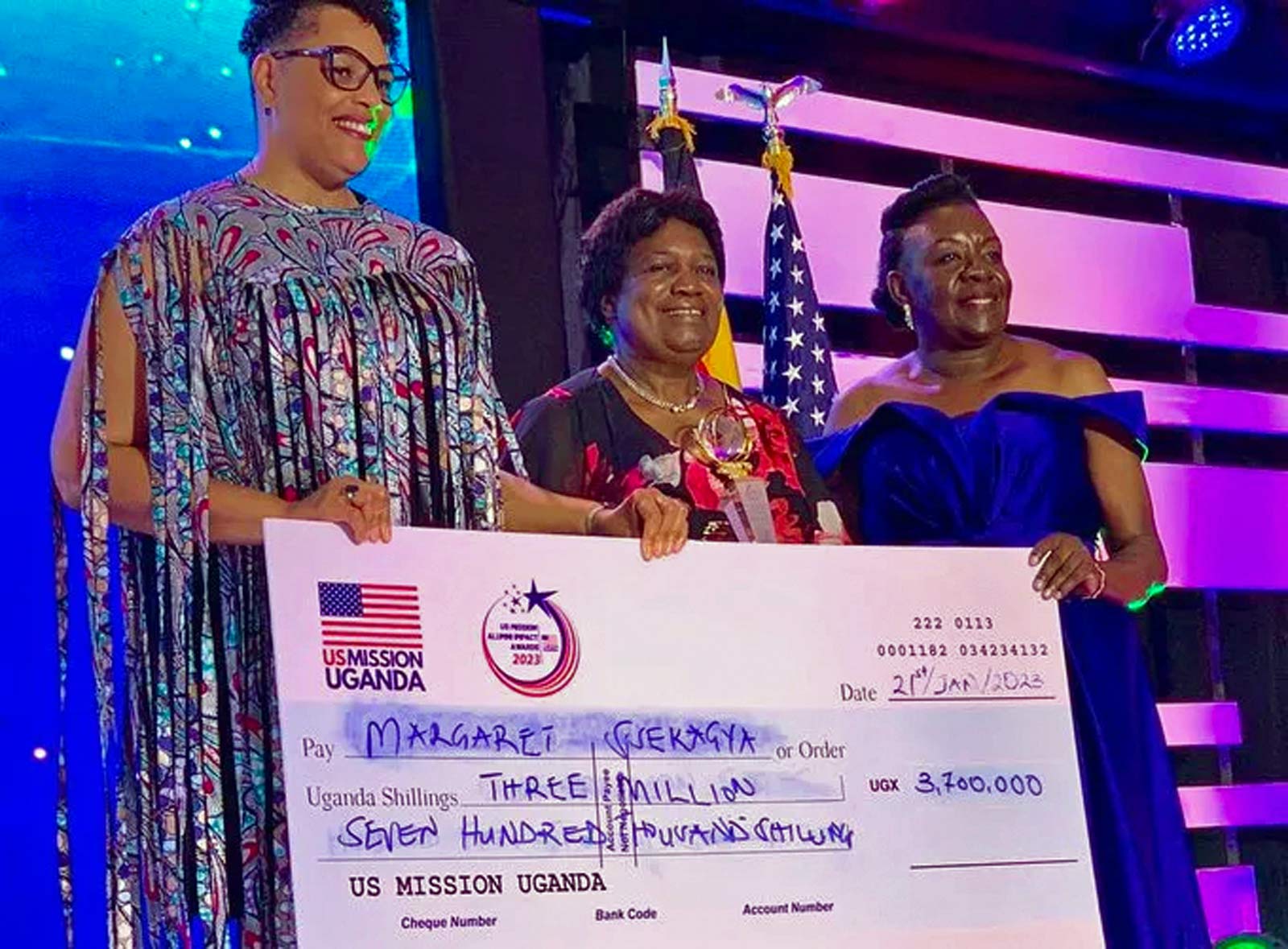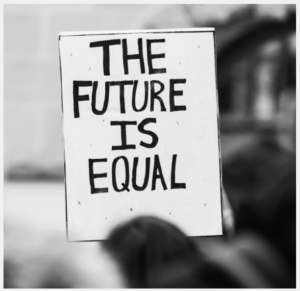Engaging U.S. Embassies: A guide for LGBTQI+ human rights defenders
Handbook aims to help advocates tap into U.S. support for human rights

As part of Pride Month, the Council for Global Equality, a coalition of US-based groups that advocate for LGBTI inclusion in US foreign policy, has launched a guide aimed at helping human rights defenders access services and support of U.S. embassies across the world to aid in their work. Below, we present an introduction drafted by leading LGBTQ rights advocates:
- Jessica Stern, Special Envoy to Advance the Human Rights of LGBTQI+ Persons
- Stephen Chukwumah, Policy Advocate, Council for Global Equality
- Adrian Jjuuko, Executive Director of HRAPF in Uganda
- Kenita Placide, ECADE’s Executive Director in St. Lucia
Accessing U.S. Embassies
As we enter Pride season, the Council for Global Equality is proud to release our updated guide to accessing U.S. embassies overseas. The guide is intended as a resource manual for LGBTQI+ activists and NGOs to help them understand how U.S. embassies work; how to call on U.S. diplomats to support their human rights goals; how to access U.S. support, including both technical and financial support; and how to frame requests in ways that will appeal to strategic U.S. priorities.
The guide also emphasizes the limits of U.S. embassy support and the potential that exists for backlash in some hostile environments. By presenting both the opportunities and potential pitfalls of U.S. embassy engagement and by highlighting those with concrete examples, the Council aims to provide both the information and the context that will allow individual human rights defenders to decide for themselves whether they want to approach U.S. embassies as partners in their work.
It is important to note that the Council offers this guide with great humility, recognizing the ongoing struggle for full equality that remains to be waged — and won — here in the United States. Indeed, the perspectives in this guide are very much grounded in our own ongoing domestic battles for greater security, opportunity, and recognition for LGBTQI+ Americans, including recent backsliding in the recognition of those rights for transgender Americans.

In presenting the guide, the Council recognizes — again with profound humility — that the engagement of U.S. embassies on these issues represents a relatively recent and still-inconsistent shift in U.S. foreign policy, advancing significantly with the Obama Administration and then backsliding significantly under the Trump Administration, only to accelerate and hopefully stabilize under the current Biden Administration. And certainly, the Trump Administration took unprecedented steps to undermine the very foundations of human rights by attacking the institutions, norms, and treaties of our movement.
We nonetheless offer this guide in the spirit of extending every possible opportunity for LGBTQI+ human rights defenders to partner with U.S. embassies in supporting equal rights and opportunities around the world. With more than 14,000 professional diplomats, the sheer scale of U.S. diplomatic engagement around the world makes the U.S. government an important voice in the struggle for equality.
The guide can be downloaded in English here. We are partnering with the National Democratic Institute to translate the guide into Arabic, French, and Spanish, and we will make those versions available as soon as possible.
Join us for a virtual launch of our guide on Tuesday, June 13, by registering here. NDI will be providing live Spanish translation of the event.





